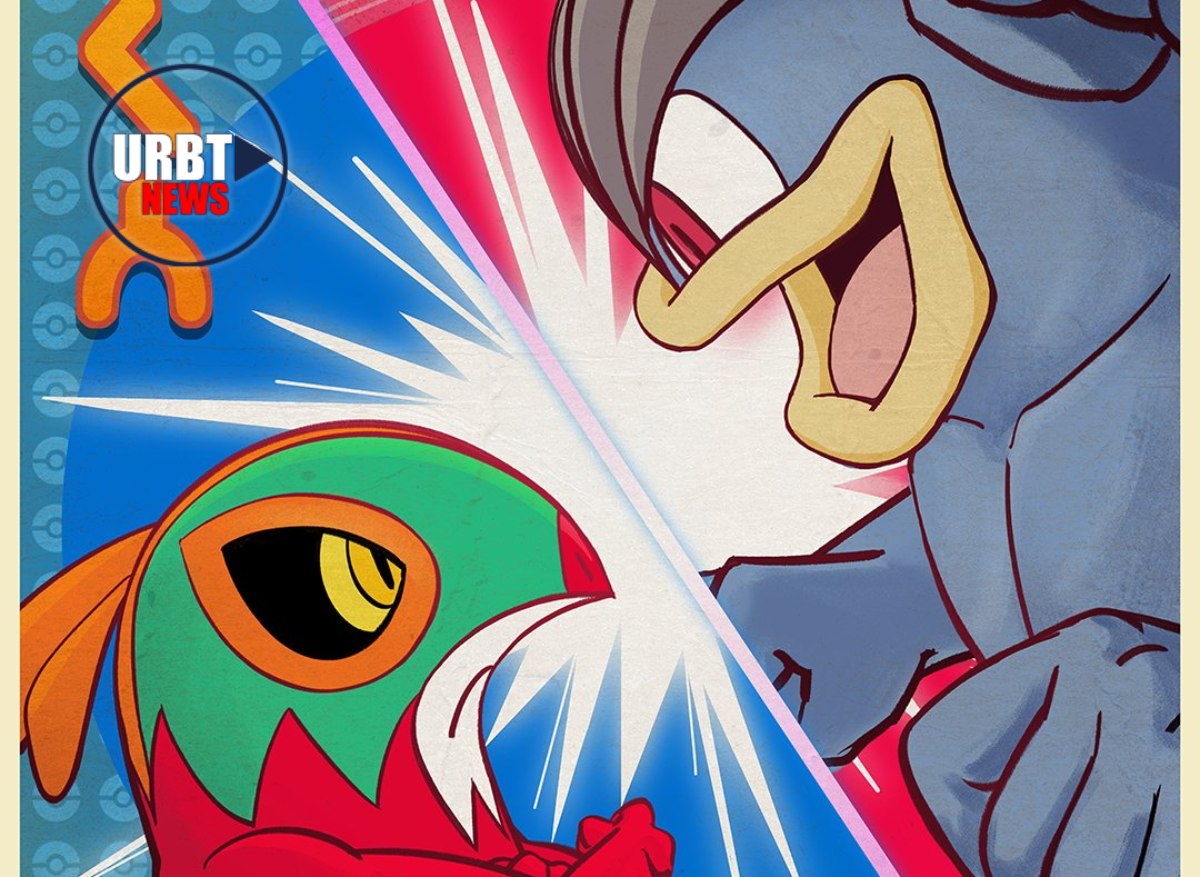Published
5 months agoon

In August 2025, McDonald’s Japan launched a limited-time promotion featuring Pokémon-themed Happy Meals, known locally as “Happy Sets.” Each meal included a toy and an exclusive Pokémon Trading Card Game card. The promotion was intended to run from August 9 to 11, but it ended abruptly on the first day due to overwhelming demand and unforeseen consequences.
The excitement surrounding the promotion was palpable. Fans and collectors flocked to McDonald’s outlets, eager to obtain the exclusive Pokémon cards. However, the situation quickly escalated as resellers took advantage of the high demand. Many customers purchased multiple Happy Sets solely to acquire the cards, leaving the accompanying food behind. Some discarded the meals outside the restaurants, while others left them untouched on tables.
Social media platforms were flooded with images of untouched Happy Meals littering sidewalks and dining areas. The sight of such waste sparked outrage among the public, leading to widespread criticism of both the resellers and the promotional strategy.
In response to the backlash, McDonald’s Japan issued a public apology. The company acknowledged that the promotion had not been adequately planned and that the situation contradicted its long-standing philosophy of providing enjoyable dining experiences for children and families. McDonald’s Japan emphasized its commitment to sustainability and stated that it does not tolerate the abandonment or disposal of food.
To prevent similar incidents in the future, McDonald’s Japan announced several measures. These included limiting the number of Happy Sets each customer could purchase, ending online orders for the promotion, and banning customers who violated the rules from making future purchases.
The controversy was further fueled by the resale market. Pokémon cards, especially rare ones, have long been valuable collectibles. Some of the cards included in the Happy Sets were listed online for prices significantly higher than the cost of the meal. This practice of reselling the cards for profit drew criticism from fans who felt that the spirit of the promotion was being undermined.
McDonald’s Japan condemned the profiteering and wastefulness associated with the promotion. The company emphasized that the event was intended to bring joy to children and families, not to be exploited for financial gain.
The incident in Japan highlights the challenges companies face when blending popular culture with marketing strategies. While collaborations with franchises like Pokémon can generate significant interest, they can also lead to unintended consequences if not carefully managed.
The situation also underscores the importance of sustainability in promotional campaigns. The waste generated by the Pokémon Happy Sets serves as a reminder of the environmental impact of consumer behavior and the need for responsible marketing practices.
The Pokémon Happy Meal promotion in Japan, intended to delight fans and families, ended in controversy and waste. The incident serves as a cautionary tale for companies looking to capitalize on popular trends. It highlights the need for thoughtful planning and consideration of the broader implications of promotional campaigns. As the world continues to grapple with issues of sustainability and responsible consumption, the events surrounding the Pokémon Happy Sets offer valuable lessons for both businesses and consumers alike. URBT.COM



Single Men & Step-Fatherhood: Crucial Considerations Before Taking the Plunge
Jesse Jackson Dies at 84: Civil Rights Icon’s Legacy


Indie Media’s Rise How They Thrived Before Venture Capital’s Diversity Push


Minority Births Surpass White Births: A Demographic Shift Impacting America


Hot Girl Summer: Your Guide to Confidence, Fun, and Intentional Living


Shrek as a Cautionary Tale: Unmasking the Ogre’s Life Lessons